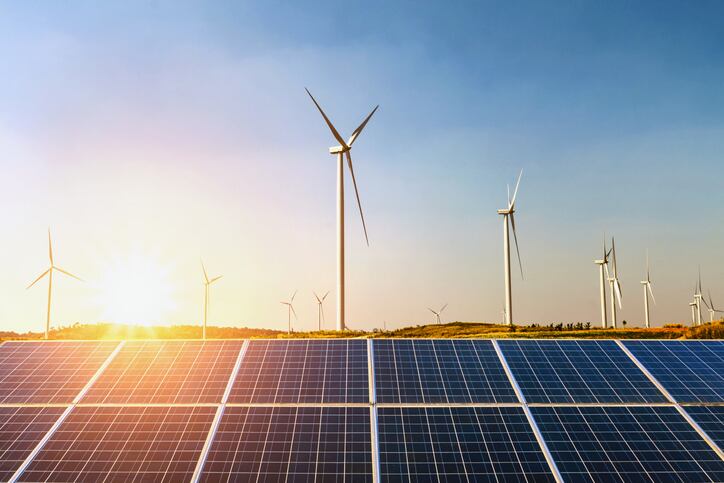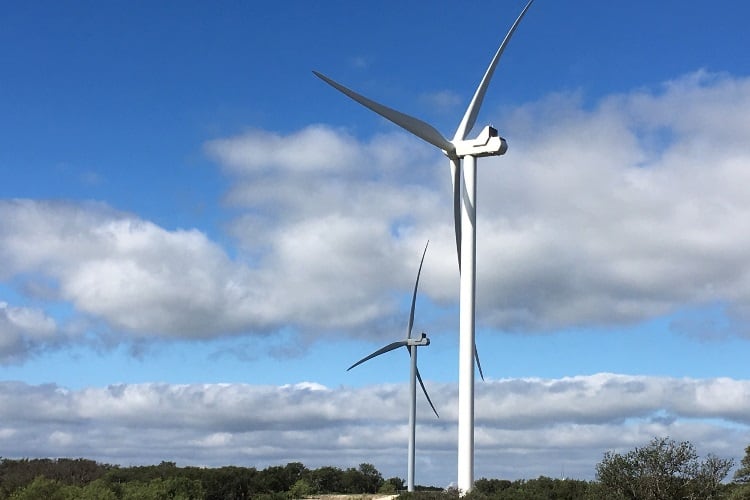The energy goal, ‘Better Plants Challenge,’ focused on General Mills’ 26 largest plants in the US, about half of all US locations, and it achieved a 20.4% efficiency improvement. According to the company, it represented more than 2m MMBTUs of combined electricity and natural gas over the last six years.
Headquartered in Minneapolis, General Mills currently manufactures yogurt products like Yoplait, Mountain High and Annie's at major company facilities in Michigan and Tennessee. It also shares the US rights to Häagen-Dazs with Nestlé, which is produced in Nestlé's facilities.
General Mills puts a sustainability focus on all its food categories, including dairy. In its 2019 Global Responsibility report, it said that 91% of the raw fluid milk it purchased in the US was sustainably sourced in FY 2018.
Some of the challenges it says it encounters with dairy are addressing water quality issues in agriculture, animal welfare concerns and collaborating with suppliers on environmental practices.
With the DOE announcement, General Mills revealed that in FY 2018, it completed more than 60 energy efficiency and reduction projects to save more than 12 million kilowatt hours (kWh) at its plants. Last year it also saved $4.8m and avoided nearly 6,000 metric tons of CO2e of GHG emissions.
John Church, chief supply chain officer and global business solutions officer at General Mills, said, "We are honored to be recognized by the DOE for our progress to improve our efficiency and reduce our energy consumption."
"We started this journey by looking within our walls back in 2005 and since then have extended our commitments and work across our entire value chain. We have to own the entirety of our impact, and this is one of the many ways General Mills is working to reduce our impact on the environment."
In its larger goal to reduce greenhouse gas emissions (GHG), all company production facilities aim to reduce their annual energy usage by 2%. It reported that in FY 2018, it managed to lower this rate by an additional 2% compared to FY 2017 while its total energy use decreased by 7%.
General Mills already has a plan in place to reduce its absolute GHG emissions across the value chain by 28% between 2010-2025. In April, General Mills announced a further investment in its commitment to clean power with a 15-year purchasing agreement for wind energy.
The deal with Roaring Fork Wind, LLC is meant to cover the electricity needs at all US facilities. Much of the wind power will come out of central Texas.
“Changes in climate not only affect global food security but also impact our raw material supply. This influences our ability to make food people love and deliver value to our shareholders,” General Mills said.



